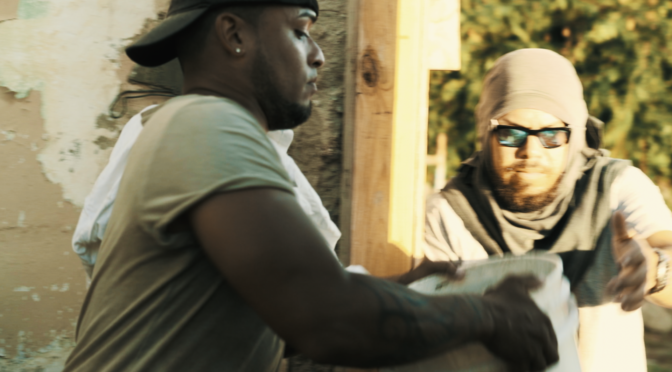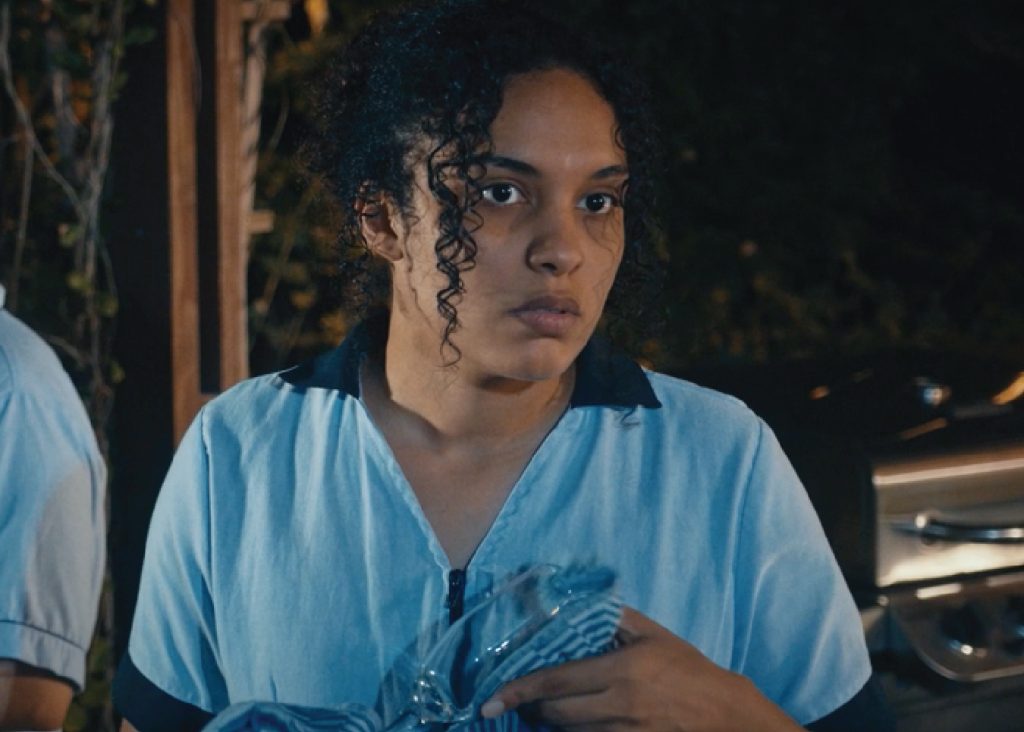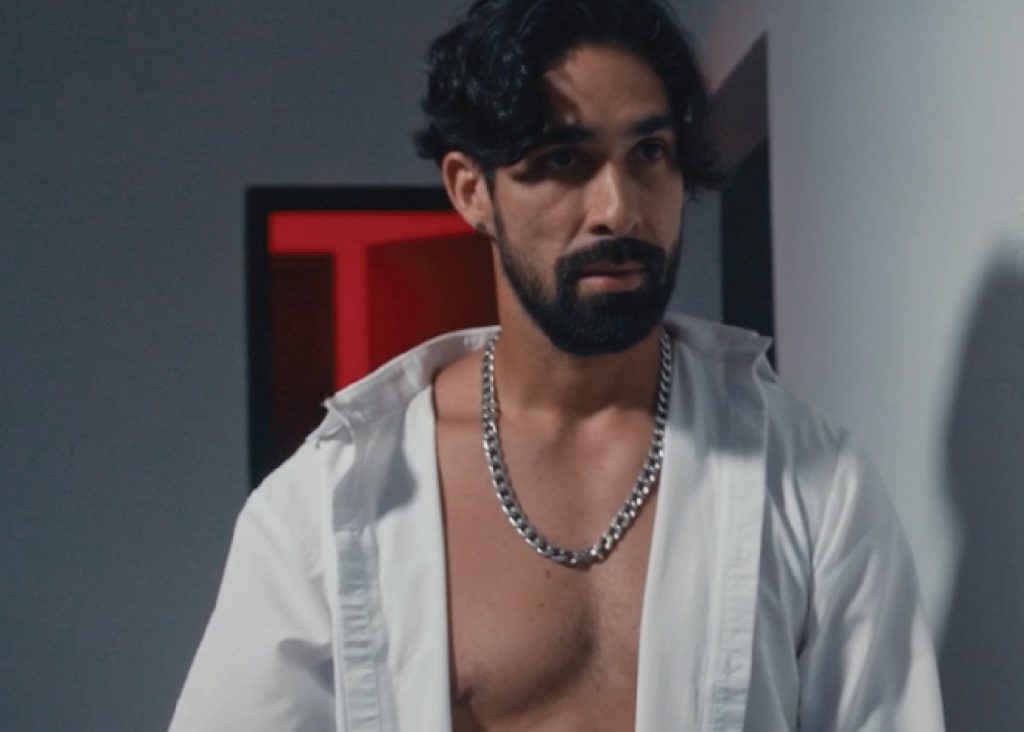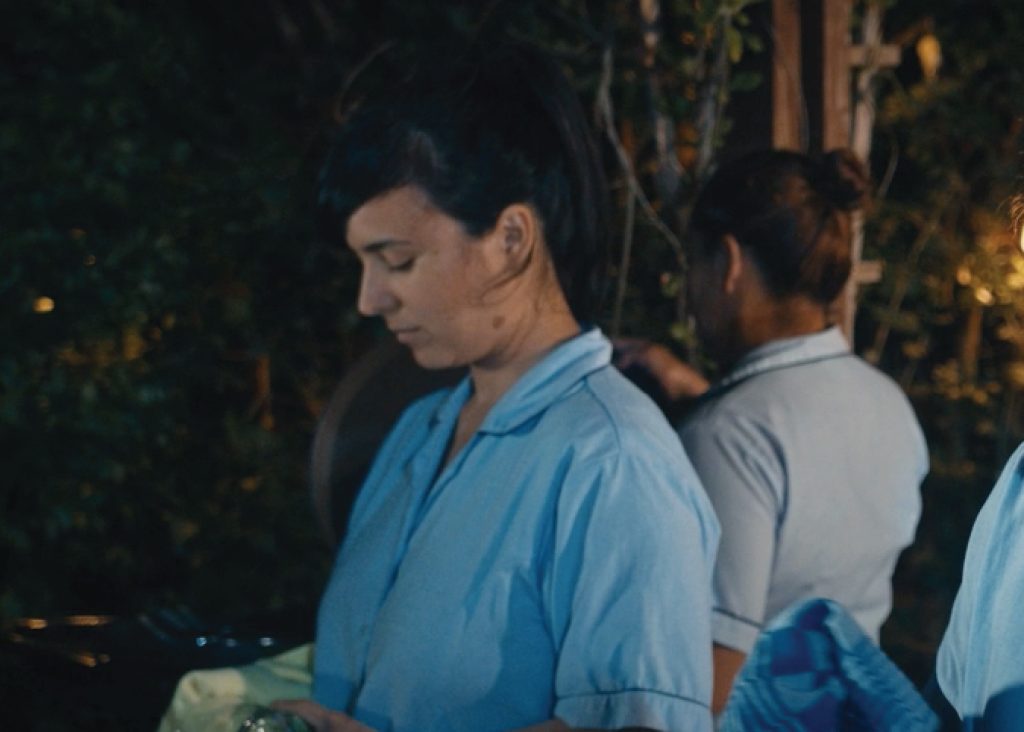The production of this second installment in the ‘Habri bo Wowo’ series has the intention to shine a light on a new and troubling form of sex trafficking that has cropped up thanks to the popularity of webcam sites.
These adult webcam sites themselves aren’t illegal, but they’ve become a breeding ground for people with bad intentions. Think of it as an open door for individuals like loverboys, human traffickers, or even abusive family members to exploit vulnerable folks. They might pressure or force victims into doing things they don’t want to do, or control their money, making it incredibly hard for them to break free from the abuse.
A notable case is the British-American influencer Andrew Tate, who has recently faced legal troubles in Romania, where he has been charged with rape, human trafficking, and participation in an organized crime group engaged in sexual exploitation of young girls into the webcam industry using the loverboy method.
With ‘Otro Banda di e Cam,’ our goal is to make spread awareness of these disturbing issues and so that the general population knows what to look out for. We want to empower you with knowledge and encourage compassion towards potential victims. By bringing attention to the dark side of modern technology and human trafficking, we hope to inspire change and protect those at risk. Together, we can uncover the truth and work towards a safer and fairer world for everyone.
Open your eyes/ habri bo wowo

Someone might be in a labor trafficking or exploitation situation if you learn they:
- Feel pressured by their employer to stay in a job or situation they want to leave
- Owe money to an employer or recruiter and/or not being paid what they were promised or are owed
- Do not have control of their passport or other identity documents
- Are living and working in isolated conditions, largely cut off from interaction with others or support systems
- Appear to be monitored by another person when talking or interacting with other
- Are being threatened by their boss with deportation or other harm
- Are working in dangerous conditions, without proper safety gear, training, adequate breaks and other protections
- Are living in dangerous, overcrowded or inhumane conditions provided by an employer
According to the UNODC, there are 4 main differences between human trafficking and migrant smuggling:
Consent
Smuggling includes consent by individuals to be moved across a border. Trafficking victims have either never given consent or, if consent was initially granted, it is rendered meaningless by coercion, deception, abuse, and exploitation.
Exploitation
Smuggling has three possible outcomes:
- A smuggler walks away with a migrant’s money,
- A migrant gets caught or perishes during the trip, or
- A migrant makes it to a destination and smuggling ends upon arrival.
Transnationality
Smuggling is always transnational. Trafficking exploitation can occur within a country or can involve border crossings.
Profits
Smuggling profits are derived from the transportation of an individual from one country to another. Trafficking profits are derived from exploitation.






